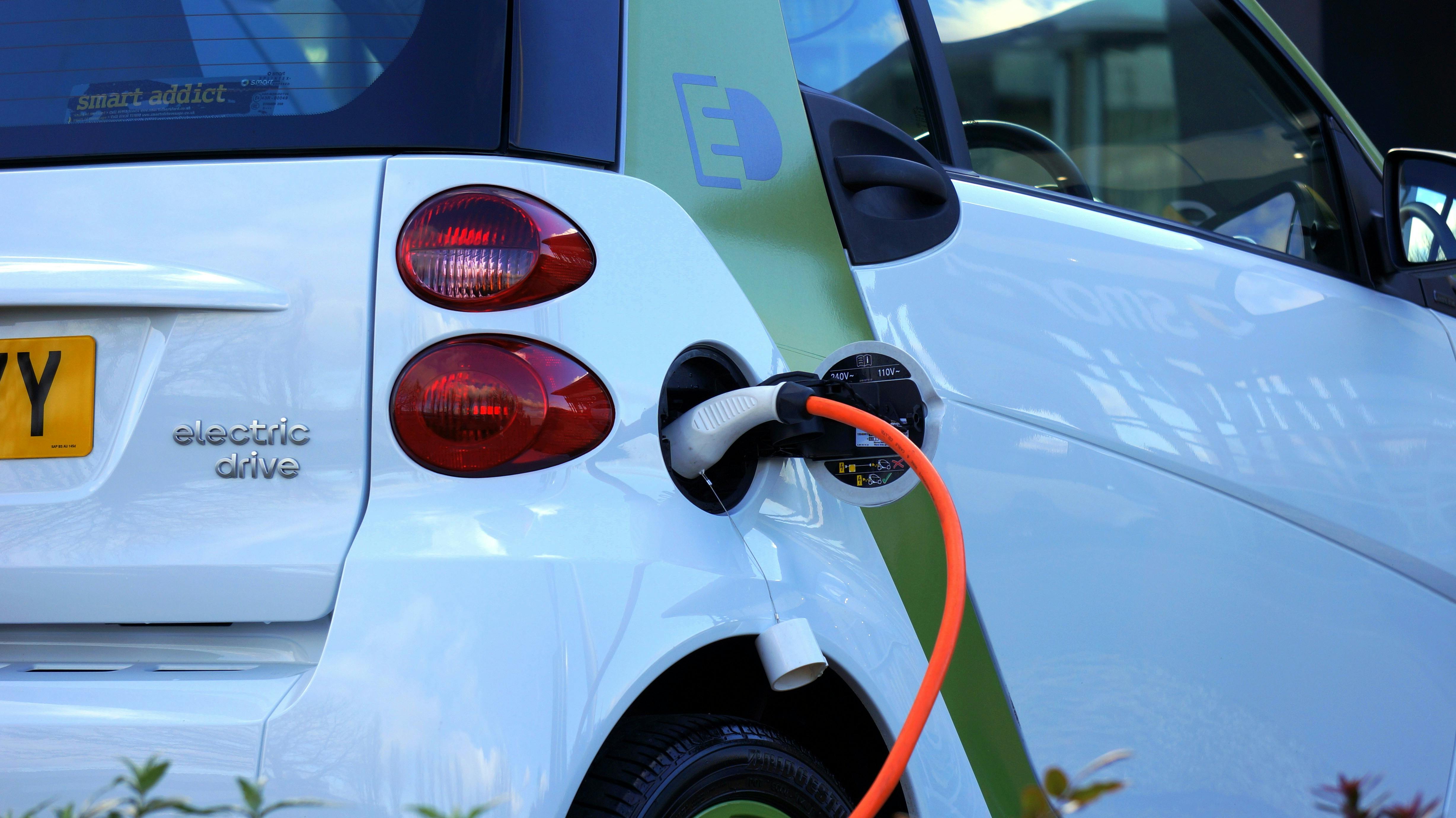Summary:China’s *GB38031-2025* standard, effective July 2026, mandates EV batteries remain fire- and explosion-proof post-thermal runaway—dubbed the "strictest battery safety rules." The shift from energy density to safety favors tech leaders like CATL and BYD, accelerates solid-state battery adoption, and pressures smaller firms. Market consolidation looms as compliance costs rise, reshaping competition around safety innovation, rapid commercialization, and brand trust.

China has unveiled its latest mandatory safety regulations for electric vehicle (EV) batteries, marking a pivotal shift in the industry’s priorities from energy density to safety. The *GB38031-2025* standard, set to take effect in July 2026, introduces unprecedented requirements—most notably, mandating that batteries must neither catch fire nor explode after thermal runaway. Dubbed the "strictest battery safety mandate," the new rules are expected to redefine market competition, favoring technologically advanced players while weeding out low-tier manufacturers.
A Paradigm Shift in Safety Standards
The updated regulations, issued by China’s Ministry of Industry and Information Technology (MIIT), significantly expand upon the 2020 framework. Key enhancements include:
Thermal Runaway Control: Batteries must remain fire- and explosion-free post-thermal runaway, with additional stipulations such as sub-60°C temperatures at all monitoring points within a two-hour observation window.
Enhanced Testing Protocols: New evaluations cover internal short-circuit simulations, fast-charge cycle durability (300 cycles without failure), and bottom-impact resistance (150-joule steel ball strike test).
Occupant Protection: Systems must prevent smoke ingress into passenger compartments within five minutes of thermal runaway detection.
This overhaul reflects a broader industry transition from "range supremacy" to "safety-first" design philosophies, aligning with global trends toward stringent EV safety benchmarks.
First-Movers Gain Competitive Edge
Leading battery manufacturers, including CATL, BYD, and Sunwoda, have already announced compliance with the new standards. CATL claims its proprietary No Thermal Propagation (NP) technology, commercialized in 2020, meets the requirements six years ahead of schedule. Meanwhile, material innovators like Shenzhen Senior Technology are advancing high-performance separators, such as aramid-coated membranes, to mitigate thermal risks at the component level.
The regulations also accelerate adoption of next-gen technologies like solid-state batteries, with industry leaders like Betroll showcasing solutions that delay thermal runaway by 110 minutes through advanced electrolyte designs.
Market Consolidation Looms
While the standards elevate safety benchmarks, analysts warn of near-term disruptions. Small and mid-sized firms lacking R&D capital may struggle to retrofit production lines or absorb rising compliance costs, hastening industry consolidation. "This isn’t just a technical upgrade—it’s an ecosystem reset," notes a lithium-sector insider.
The policy’s phased implementation (new models by 2026, existing ones by 2027) offers a transitional buffer. Yet, its long-term impact is clear: as price wars give way to quality-driven competition, market share will increasingly concentrate among safety-certified leaders.
China’s battery safety mandate sets a new global benchmark, rewarding innovators while pressuring laggards. In this recalibrated landscape, survival hinges on three pillars: integrated safety engineering, rapid commercialization, and hard-earned brand trust.
About CCM:
CCM is the leading market intelligence provider for China’s agriculture, chemicals, food & feed and life science markets. Founded in 2001, CCM offers a range of content solutions, from price and trade analysis to industry newsletters and customized market research reports. CCM is a brand of Kcomber Inc.
For more information about CCM, please visit www.cnchemicals.com or get in touch with us directly by emailing econtact@cnchemicals.com or calling +86-20-37616606.